
Dyckia reitzii
The snow Alpine Dyckia
This here is the Type locality plant. It was found in Urubici, Santa Catarina up in a very high mountains. There the snow is a common place and the temperatures can drop to the polar 10 Centigrades below freezing. The lowest registered temperature in Brazil was there in 1976: seventeen degrees Celsius below freezing!
Such marks occurs during some winter nights.
Froze is a normal and common event.

This plant was discovered by Raulino Reitz a German descendant.
He was a Catholic priest, Great botanist, Director of the Rio de Janeiro Botanic Garden, the older Botanic garden in the Country founded by the Dom João VI, the Portuguese King.
Father Raulino Reitzi was also a smart politician and brilliant botanic professor at the major public Santa Catarina University, Universidade Federal de Santa Catarina.

This plant is a mountain dweller a true alpine Dyckia.
Native to Santa Catarina Southern Mountains and Northern Rio Grande do Sul Mountains.
In Rio Grande do Sul, close to Santa Catarina border the plant shows its best rubra form and also a sole silver one and a banded variety.
This plant adores cool nights and without them it get deformed and looses its gracious shape also it seems to need altitude in order to do good. It is ever found over 1.200 meters high or higher.
There are not checked reports of this species being found in high altitude in Rio de Janeiro, Minas Gerais and Paraná states. It is said the plant to be a little different from the true one here shown.
In continuously high temperatures the plant tend to produce few leaves and elongated ones.
This plant when in Rio de Janeiro botanic Garden was a faint drab imitation of what it might have been. Rio has is a very hot summer and the winter is also warm. In warmer climates the plant may die as the years pass by.
Needs cold night temperature and windy days.
It is a typical Alpine Plant!

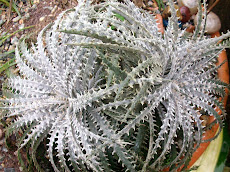



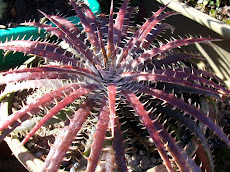
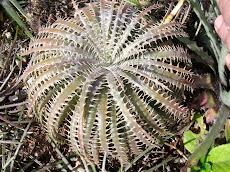
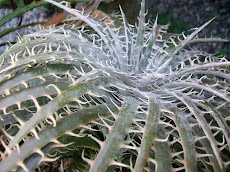
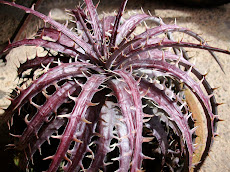

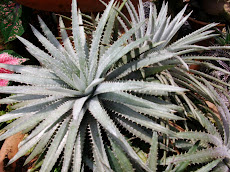

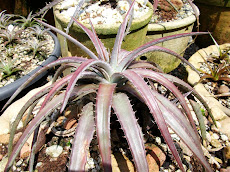
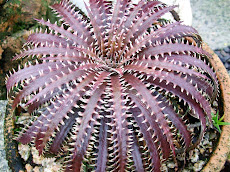

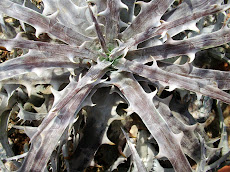
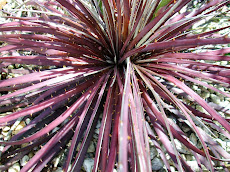
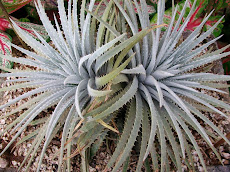
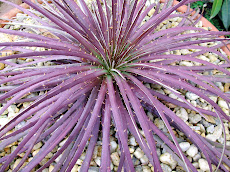
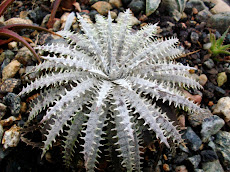
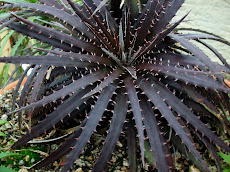
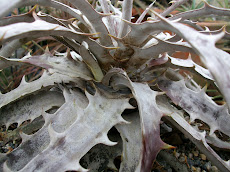
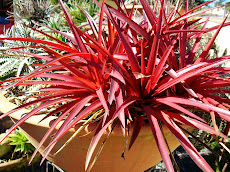
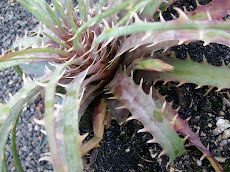

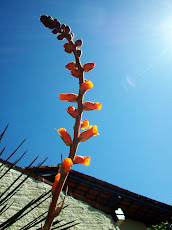


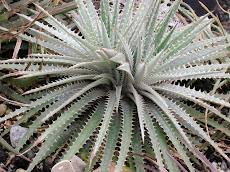
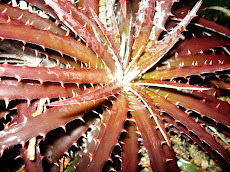
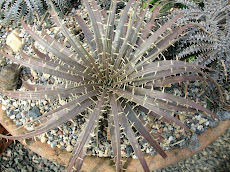

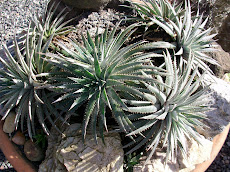
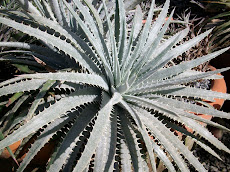

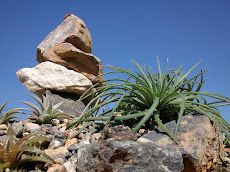
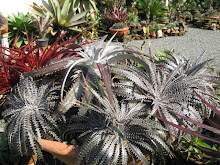
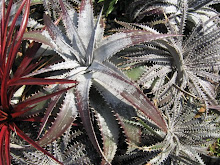
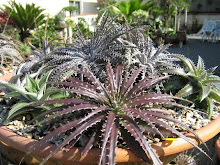
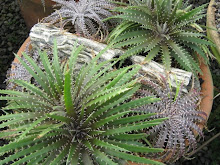
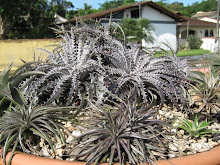
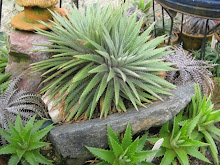

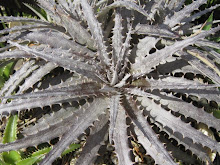
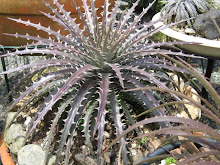
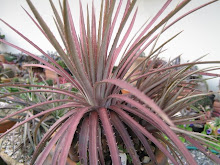

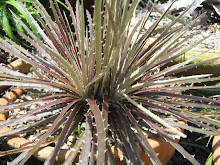
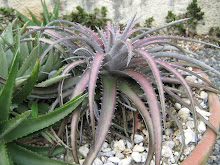
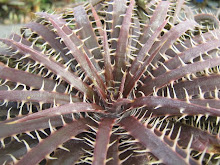



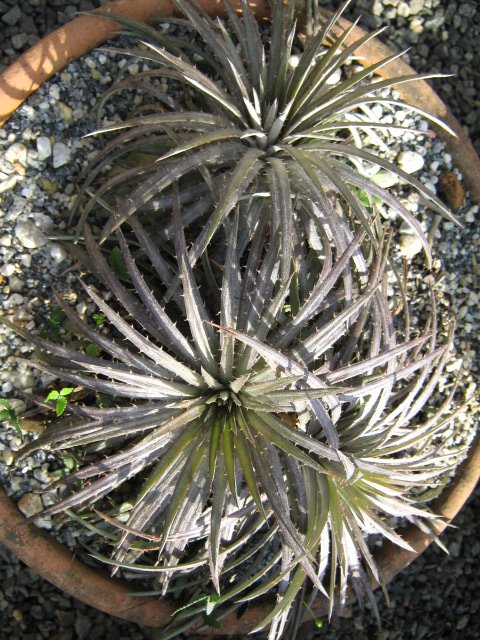
Interesting plant form and to hear that it might stand the cool west coast USA nights gives hope of someday an Oregon strain which could stand the winter chill (and wet?).
ReplyDelete